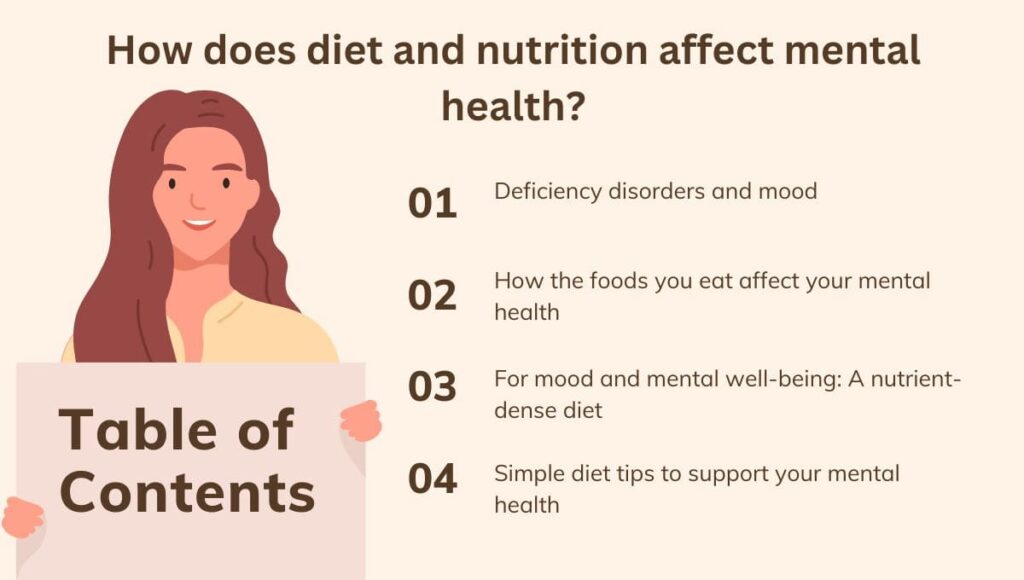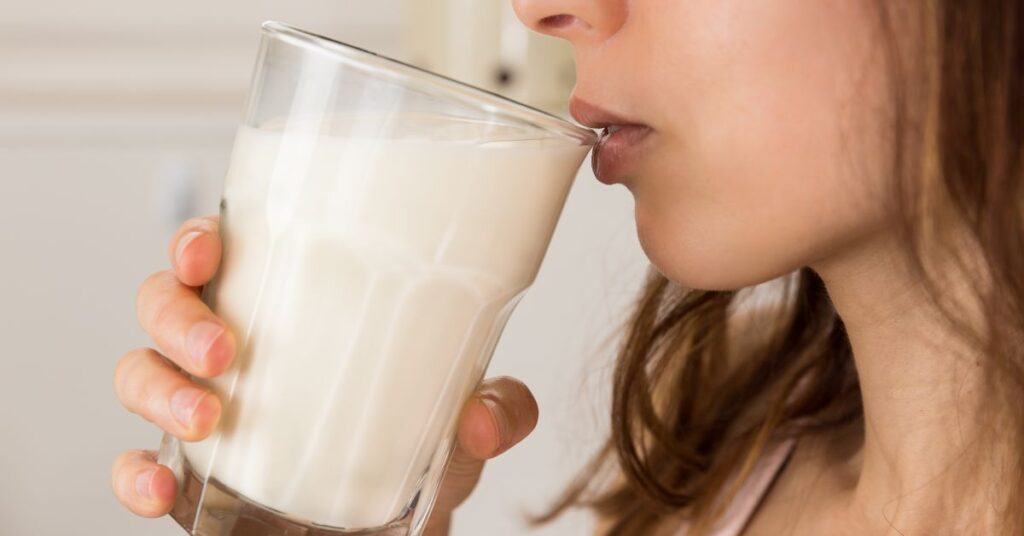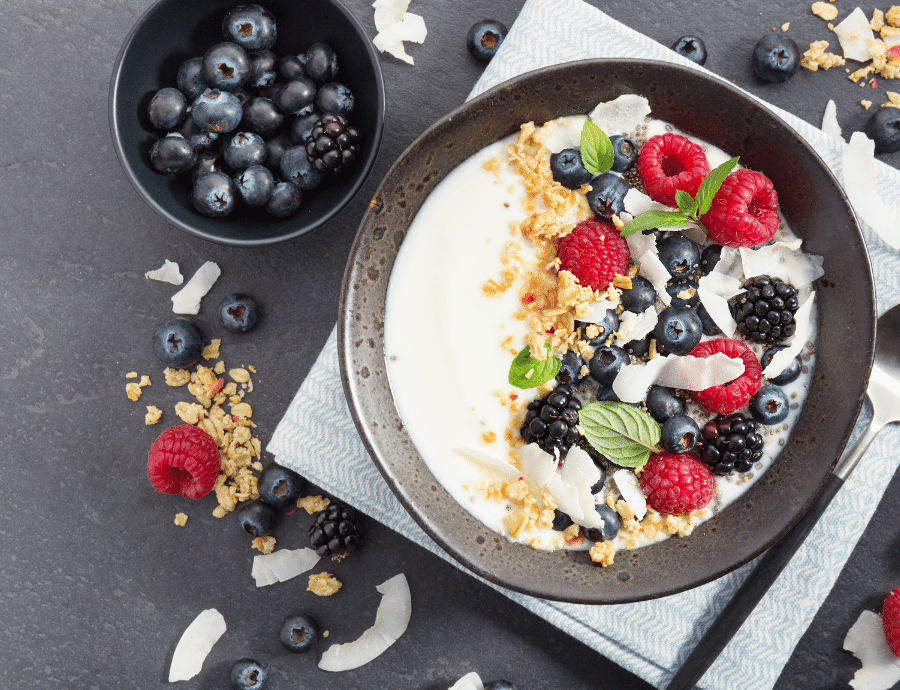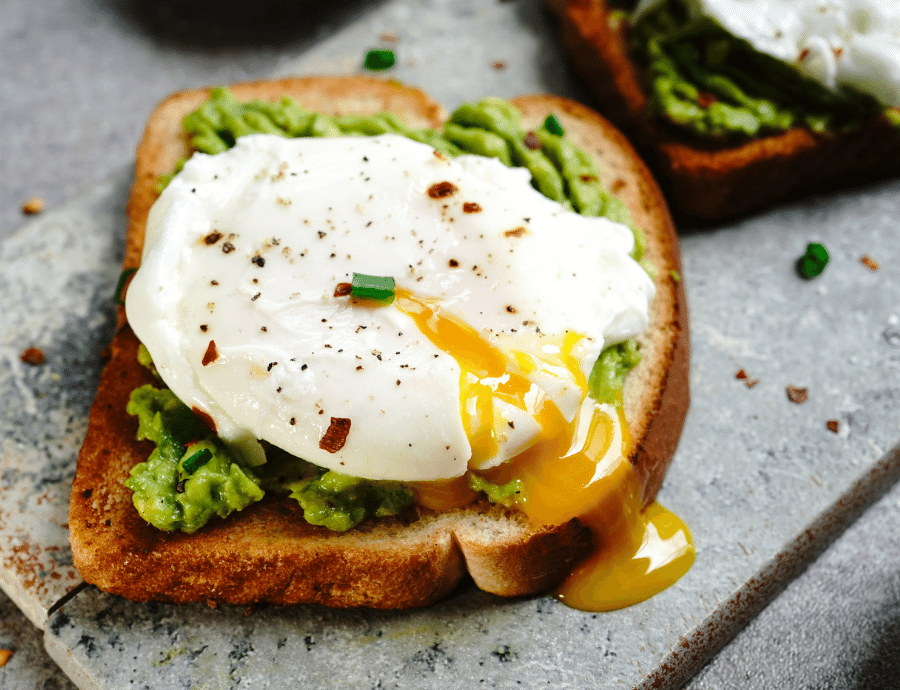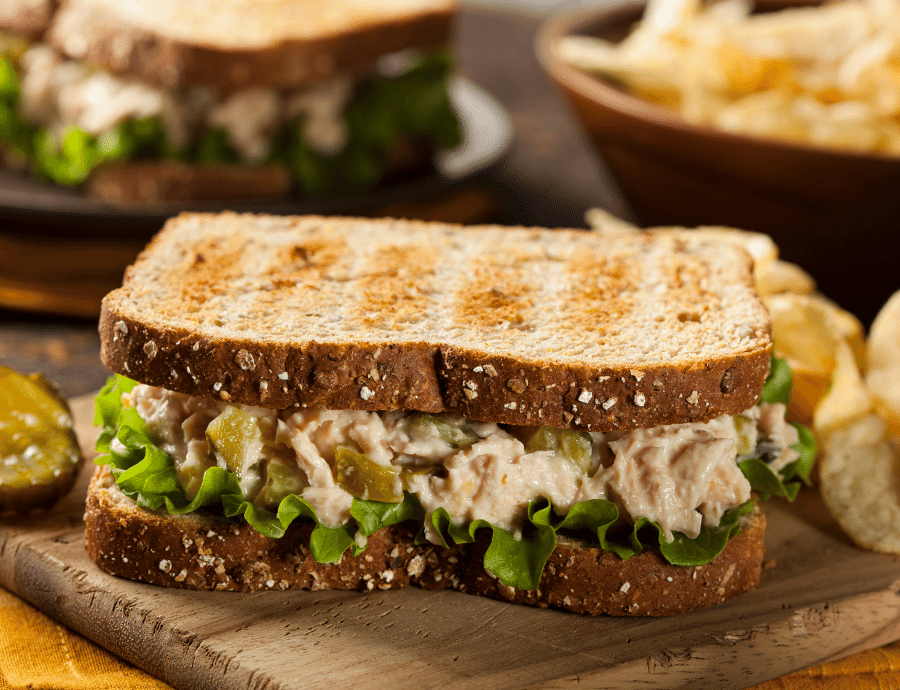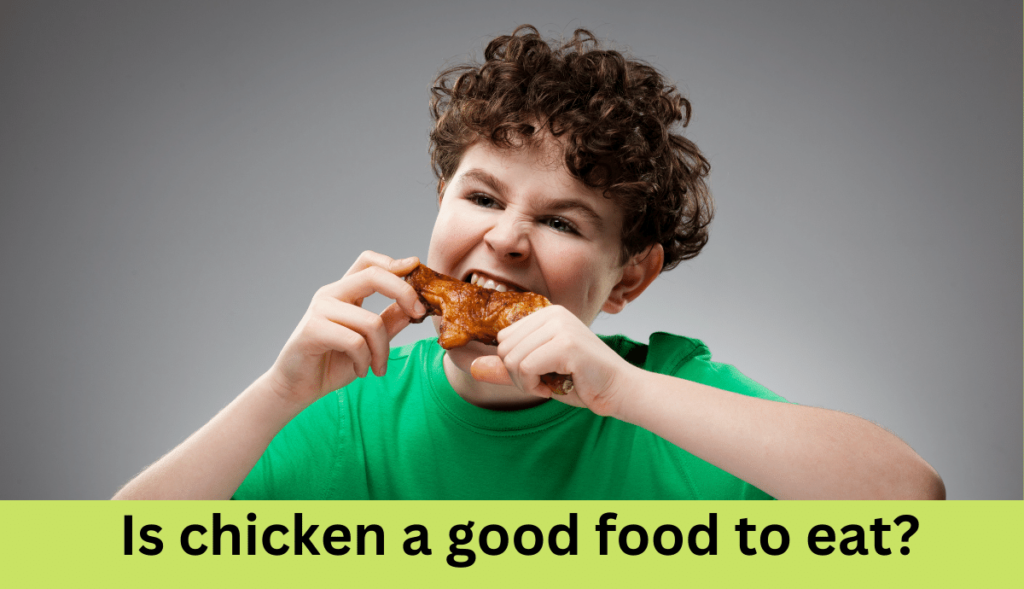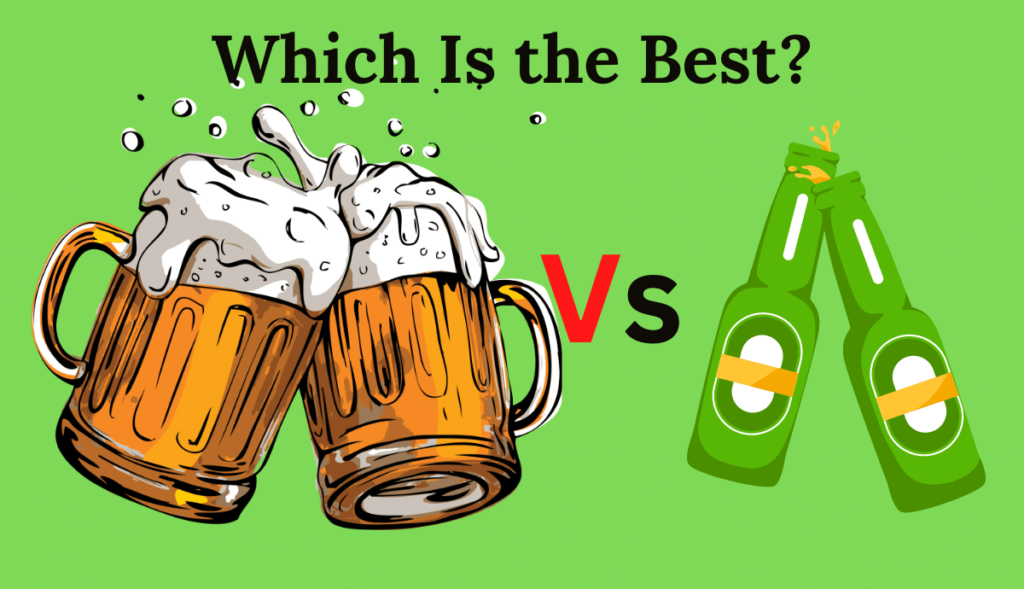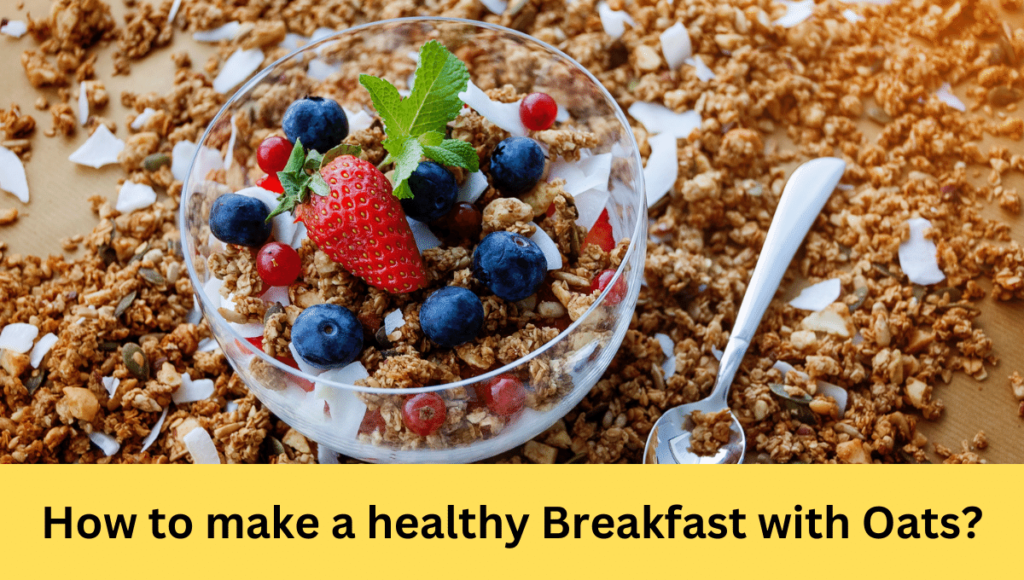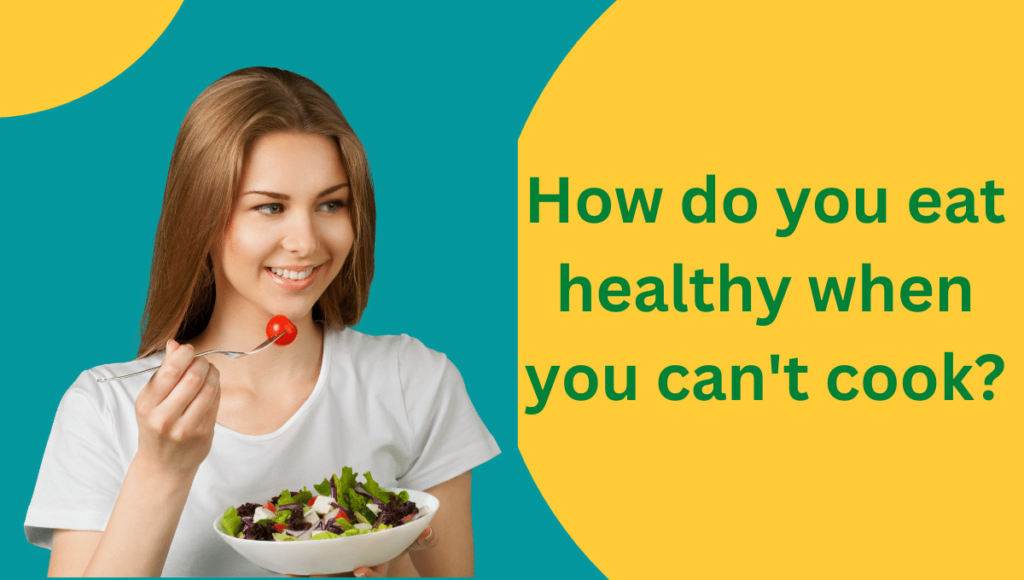We will tell you about How does diet and nutrition affect mental health? The connection between diet and mental health is often overlooked, but it is an important one. What we eat has a direct impact on our brain health, and our moods. Eating a healthy, balanced diet is essential for maintaining good mental health.
There are a few key nutrients that are particularly important for mental health:
Omega-3 fatty acids: These are found in oily fish, such as salmon, mackerel, and sardines, and in flaxseeds, chia seeds, and walnuts. Omega-3 fatty acids are essential for brain health and have been linked with a reduced risk of depression and anxiety.
B vitamins: These are found in leafy green vegetables, legumes, eggs, meat, and fish. B vitamins are important for energy production and help to reduce stress levels.
Vitamin D:This can be found in oily fish, eggs, and fortified foods. Vitamin D is important for bone health, but also has a role in brain health. Low levels of vitamin D have been linked with depression.
Magnesium: This can be found in leafy green vegetables, nuts, seeds, and whole grains. Magnesium is involved in many biochemical reactions in the body.
Deficiency disorders and mood
We are talking about How does diet and nutrition affect mental health? A deficiency disorder is a disorder that occurs when there is a lack of vitamins or minerals in the body. This can lead to a number of different problems, including mood swings.
Mood swings are a common symptom of deficiency disorders. They can be caused by a number of different things, including a lack of certain vitamins or minerals. deficiency disorders can also lead to other problems, such as fatigue, irritability, and depression.
If you think you may have a deficiency disorder, it is important to see a doctor bcoz you don’t know How does diet and nutrition affect mental health and it can be a serious illness. They will be able to run tests to see if you are deficient in any vitamins or minerals. If you are, they will be able to prescribe supplements to help you get the nutrients you need.
How does diet and nutrition affect mental health?
How does diet and nutrition affect mental health-The connection between nutrition and mental health is complex. Nutrition plays a role in both the development and treatment of mental health conditions. Proper nutrition is essential for good mental health. It helps the brain to function properly and can influence a person’s mood and behavior.
Certain nutrients are especially important for mental health. These include omega-3 fatty acids, iron, vitamin B12, and folate. Omega-3 fatty acids are found in fish, such as salmon, and in some plant oils, such as flaxseed oil. Iron is found in red meat, dark leafy greens, beans, and fortified cereals. Vitamin B12 is found in animal products, such as meat, poultry, eggs, and dairy. Folate is found in dark leafy greens, legumes, nuts, and fortified foods.
People who have a poor diet are at increased risk for developing mental health conditions, such as depression and anxiety. Poor nutrition can also worsen the symptoms of mental health conditions. For example, a lack of omega-3 fatty acids has been linked to depression. Iron deficiency can cause fatigue and irritability. Vitamin B12 deficiency can cause memory problems and depression. Folate deficiency can cause depression.
How the foods you eat affect your mental health
How does diet and nutrition affect mental health-Most people are aware that what they eat can affect their physical health, but many don’t realize that the food they eat and how does diet and nutrition affect mental health. The connection between diet and mental health is complex, and there are a variety of factors that can influence the relationship. But the bottom line is that what you eat can affect the way you think, feel, and behave.
For example, eating a diet that’s high in processed foods and low in nutrients has been linked to an increased risk of depression and anxiety. On the other hand, eating a diet that’s rich in whole foods, such as fruits and vegetables, has been linked to a lower risk of these mental health conditions.
There are a few theories about how does diet and nutrition affect mental health. One theory is that the nutrients in healthy foods help to support the function of the brain and nervous system. Another theory is that eating a healthy diet helps to reduce inflammation in the body, which has been linked to mental health conditions like depression and anxiety.
For mood and mental well-being: A nutrient-dense diet
The human brain is the most complex organ in the body, and it needs a wide variety of nutrients to function optimally. Unfortunately, many people today are not getting the nutrients they need from their diet. This can lead to problems with mood and mental well-being.
A nutrient-dense diet is one that provides a wide variety of nutrients in adequate amounts. This type of diet has been shown to be beneficial for mood and mental well-being.
There are a few key nutrients that are particularly important for the brain. These include omega-3 fatty acids, B vitamins, vitamin D, and magnesium.
Omega-3 fatty acids are found in oily fish, such as salmon, mackerel, and sardines. They are also found in flaxseeds, chia seeds, and hemp seeds. Omega-3 fatty acids are essential for brain health. They help to reduce inflammation and support cognitive function.
B vitamins are found in leafy green vegetables, legumes, nuts, and seeds. They are also found in whole grains and fortified foods. B vitamins are important for energy production and metabolism.
Simple diet tips to support your mental health
If you’re feeling stressed, anxious, or down, your diet may be one of the first things to suffer. After all, when you’re dealing with tough emotions, it can be hard to make healthy choices. But what you eat (or don’t eat) can have a big impact on your mood.
Here are some simple diet tips that can help support your mental health:
1. Eat regular meals.
When you’re feeling stressed, it’s easy to let healthy eating habits fall by the wayside. But skipping meals or eating irregularly can make stress worse. Make sure to eat three regular meals each day and try to stick to a schedule as much as possible.
2. Get enough protein.
Protein is essential for good mental health. It’s needed for the production of neurotransmitters like serotonin and dopamine, which are involved in mood regulation. Good sources of protein include lean meats, poultry, fish, beans, lentils, tofu, and nuts.
3. Eat plenty of fruits and vegetables.
Fruits and vegetables are packed with nutrients that are essential for good mental health. Fruits and vegetables are good sources of antioxidants, which can help to protect our brain cells from damage.
4. Eat more whole foods.
Whole foods are foods that are minimally processed and free from artificial additives. They include fruits, vegetables, whole grains, legumes, nuts, and seeds.
Eating more whole foods has been linked with better mental health. One study found that people who ate a diet rich in whole foods had a lower risk of developing depression.
5. Limit processed foods.
Processed foods are foods that have been altered from their natural state. They often contain unhealthy ingredients like added sugar, salt, and unhealthy fats.
Processed foods have been linked with poorer mental health. One study found that people who ate a diet high in processed foods were more likely to develop depression.
How to implement dietary changes to support mental health
1. Diet and Mental Health
The mind and body are interconnected, so it’s no surprise that what we eat can affect our mental health and how does diet and nutrition affect mental health. Good nutrition is essential for maintaining a healthy body and mind and can play a role in preventing and treating mental health conditions.
There is growing evidence that suggests that what we eat can impact our mood and mental health. For example, studies have shown that a diet high in processed and junk food is linked to an increased risk of depression and anxiety, while a diet rich in fruits, vegetables, and omega-3 fatty acids is associated with a lower risk of these conditions.
While more research is needed to understand the exact relationship between diet and mental health and how does diet and nutrition affect mental health, there are a few theories that explain how nutrition can impact our mood and mental well-being.
The first theory is that the nutrients in food can directly impact our brain function. For example, omega-3 fatty acids are essential for maintaining healthy brain cells, and a deficiency in these nutrients has been linked to an increased risk of depression and anxiety.
Another theory is that the gut-brain connection plays a role in how diet affects mental health. This theory suggests that the bacteria in our gut can influence our mood and mental health.
2. The Relationship Between Diet and Mental Health
The relationship between diet and mental health is complex and multi-dimensional. There is a growing body of evidence to suggest that what we eat can have a significant impact on our mental health and well-being.
There are a number of ways in which diet can influence mental health. For example, dietary deficiencies can lead to deficiencies in certain nutrients that are essential for normal brain function. These deficiencies can in turn lead to mood disorders such as depression and anxiety.
A poor diet can also lead to weight gain, which can have a negative impact on self-esteem and body image. This can in turn lead to mental health problems such as eating disorders.
There is also evidence to suggest that certain foods can have a direct impact on mental health. For example, sugary and processed foods have been linked to an increased risk of depression, while omega-3 fatty acids have been linked to a reduced risk of depression.
It is important to remember that diet is just one of many factors that can influence mental health. Other important factors include genetics, lifestyle, and social factors. However, diet is something that we can control, and it is important to consider how does diet and nutrition affect mental health.
3. The Impact of Diet on Mental Health
Your diet has a direct impact on your mental health. Eating a healthy diet can improve your mood, increase your energy levels, and help you to focus better. Conversely, eating a poor diet can worsen your mood, make you tired, and make it difficult to concentrate.
There are a few key nutrients that are especially important for mental health:
1. Omega-3 fatty acids: Omega-3 fatty acids are essential for brain health. They can improve cognitive function, reduce inflammation, and help to protect the brain against age-related damage. Good sources of omega-3 fatty acids include fish, flaxseeds, and chia seeds.
2. B vitamins: B vitamins are important for energy production and nervous system function. They can also help to reduce stress levels. Good sources of B vitamins include leafy green vegetables, legumes, and nuts.
3. Vitamin D: Vitamin D is important for bone health, but it also plays a role in brain health. Vitamin D deficiency has been linked to depression, anxiety, and other mental health disorders. Good sources of vitamin D include fatty fish, mushrooms, and fortified milk.
4. The Importance of Good Nutrition for Mental Health
There is a growing body of evidence to suggest that what we eat has a profound impact on our mental health and how does diet and nutrition affect mental health. While the specific mechanisms are not yet fully understood, it is clear that diet and nutrition play a significant role in brain function and mood.
For example, studies have shown that people who consume a diet high in processed foods and sugar are more likely to experience depression and anxiety than those who eat a more balanced diet. This is likely due to the fact that processed foods and sugar can cause spikes in blood sugar levels which can lead to mood swings and feelings of irritability.
In contrast, foods that are rich in omega-3 fatty acids have been shown to have a positive effect on mental health. Omega-3 fatty acids are essential for brain health and have been linked to a reduced risk of depression and anxiety.
It is also important to make sure that you are getting enough vitamins and minerals in your diet as deficiencies can also lead to mental health problems. For example, vitamin D deficiency has been linked to depression and vitamin B12 deficiency has been linked to anxiety.
So, if you are looking to improve your mental health, it is important to pay attention to your diet and make sure that you are getting all nutritions from your diet.
5. The role of diet in preventing mental illness
The role of diet in preventing mental illness is often overlooked, but it is a very important factor in maintaining good mental health. There are a few different ways that diet can impact mental health, and it is important to be aware of these in order to make sure you are getting the nutrients you need to support your mental health.
The first way that diet can impact mental health is through the nutrients that are essential for good mental health. These include omega-3 fatty acids, B vitamins, and minerals such as magnesium and zinc. Omega-3 fatty acids are important for brain health, and a lack of them has been linked to depression and other mental health problems. B vitamins are important for energy production and mood, and a lack of them can lead to fatigue and low mood. Magnesium and zinc are involved in many biochemical processes in the brain, and a deficiency of either of these can lead to problems with mental health.
The second way that diet can impact mental health is through the foods that we eat. Eating a healthy diet that includes plenty of fruits, vegetables, and whole grains can help to protect against mental health problems. Eating a diet that is high in processed and refined foods can actually increase the risk of mental health problems.
6. The role of diet in managing mental illness
It is no secret that how does diet and nutrition affect mental health and our physical health. But did you know that diet can also play an important role in managing mental illness?
There is growing evidence that the foods we eat can impact our mental health and well-being. In fact, diet is now recognized as a key factor in the prevention and treatment of mental illness.
While there is no single “perfect” diet for mental health, there are certain foods and nutrients that can help to improve mental health.
7. The link between nutrition and mental health
We all know that eating a balanced diet and getting the right nutrients is important for our physical health. But did you know that what you eat can also impact your mental health?
There is a growing body of evidence to suggest that there is a link between nutrition and mental health. For example, studies have shown that people who eat a diet high in processed foods and sugar are more likely to experience depression and anxiety than those who eat a healthy diet.
So, what exactly is the link between nutrition and mental health?
There are a few ways in which nutrition can impact mental health. First, the nutrients we get from our food can impact the function of our brain. For example, omega-3 fatty acids are essential for brain health and can be found in foods like salmon, nuts, and seeds.
Second, what we eat can affect our mood. For example, foods that are high in sugar can cause spikes in blood sugar levels which can lead to feelings of anxiety and irritability.
Third, the gut-brain connection is a well-documented phenomenon that suggests that the bacteria in our gut can influence our mood and mental health.
Conclusion
There is a growing body of evidence linking diet and mental health, with a number of potential mechanisms. One potential explanation is that nutritional deficiencies or imbalances can lead to changes in neurotransmitter levels in the brain. Other studies have shown that a diet high in processed foods and low in fruits and vegetables can increase the risk of depression and other mental health problems. While the evidence is still preliminary, it is clear that diet can have a significant impact on mental health.
We have tried to give you complete information about how does diet and nutrition affect mental health? in our article.The Relationship Between Diet and Mental Health a big topic but we have come to know that if we want to keep our mental health good ,then we have to take a good diet.
FAQs
How does nutrition affect your mental health?
Your mental health can be greatly affected by the food you eat every day. Nutrition plays an important role in brain function and can affect your mood, energy levels, and overall mental health.
There are some key nutrients that are especially important for mental health:
Omega-3 fatty acids: These are essential fats that play a role in brain cell development and neurotransmitter function.
B vitamins: B vitamins are important for energy production and nervous system function.
Antioxidants: Antioxidants protect the brain from damage caused by free radicals.
Probiotics: Probiotics are live bacteria that have health benefits when consumed.
Vitamin D: Vitamin D is important for immune system function and bone health.
How does eating unhealthy affect your mental health?
Unhealthy eating habits can contribute to a number of mental health problems. For example, diets high in processed foods and refined sugars have been linked to an increased risk of depression. Eating too much junk food has also been linked to poorer mental health in children and adolescents.
In addition to impacting our mental health, unhealthy eating habits can also lead to physical health problems. For example, eating a diet high in saturated fats can increase your risk of developing heart disease. And, eating a diet that’s high in sugar can lead to problems like obesity and type 2 diabetes.
If you’re struggling with your mental health, making some changes to your diet may help. Eating more whole foods, like fruits, vegetables, and whole grains, and less processed foods can improve your mental health and overall well-being.
How does nutrition and diet affect our mental health and resilience levels?
Poor nutrition can lead to a number of mental health problems including anxiety, depression, and mood swings. It can also contribute to cognitive problems such as memory loss and poor concentration. Conversely, good nutrition is essential for maintaining mental health and resilience. Proper nutrition helps ensure that the body and brain have the nutrients they need to function properly. In addition, good nutrition is essential for maintaining a healthy gut.
How nutrition affects the brain and mental health?
The human brain is the most complex organ in the body, and it requires a lot of energy to function properly. This energy comes from the food we eat and the nutrients in that food play an important role in brain function. There is a growing body of evidence indicating that nutrition can affect the brain and mental health. Studies have shown that deficiencies in certain nutrients, such as omega-3 fatty acids, can lead to problems with memory and cognition.
Other studies have shown that certain nutrients, such as B vitamins, may help reduce the risk of developing mental health problems such as depression and anxiety.

